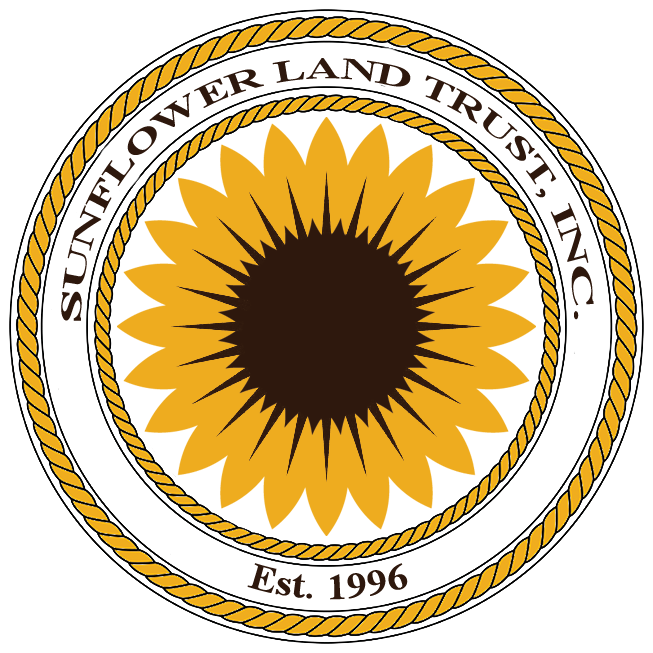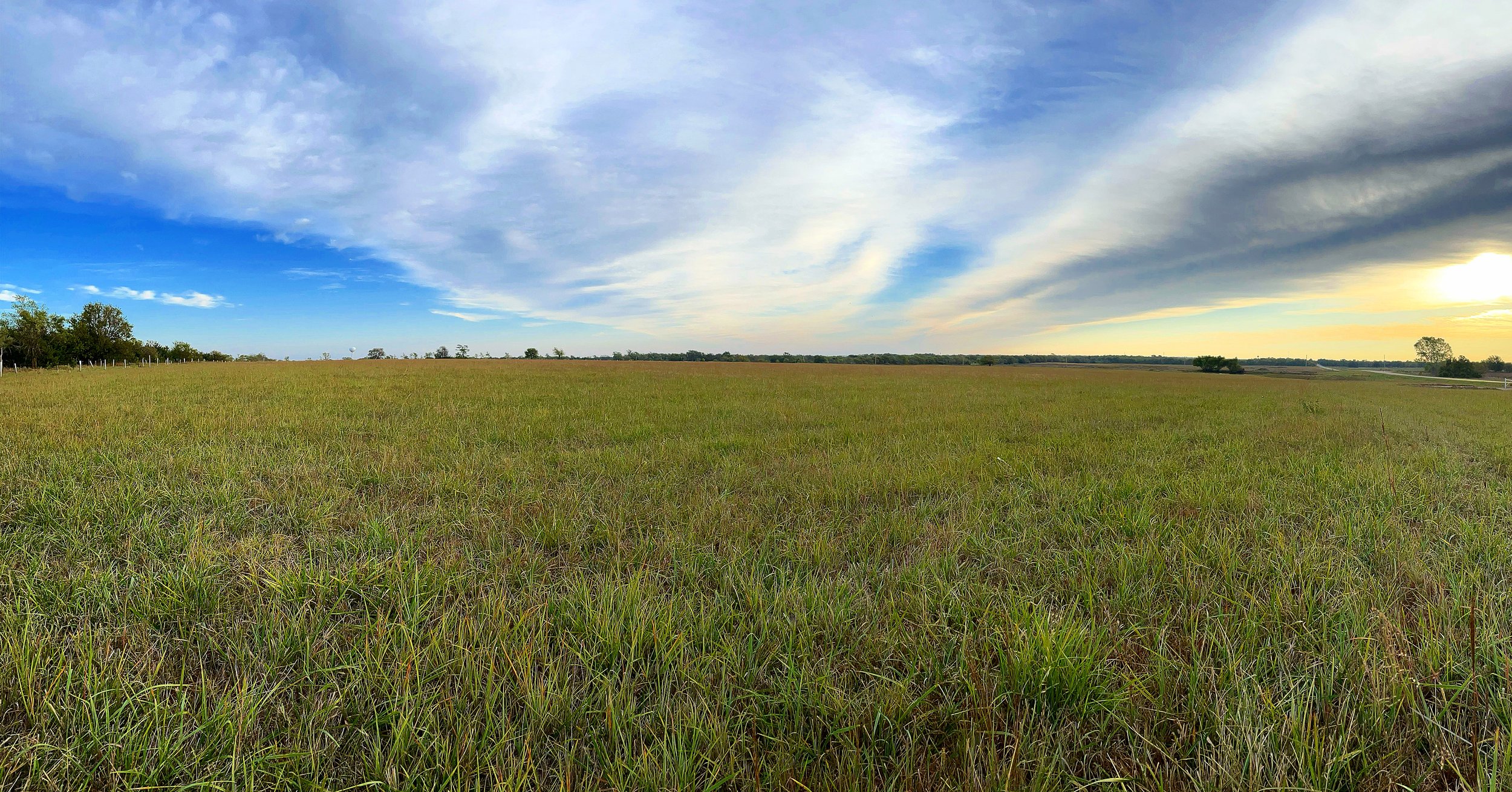Conservation Tools
Many land trusts offer a variety of conservation tools. The Sunflower Land Trust offers a conservation easement mechanism which is tailored to meet the needs of each individual family. Easements can also be used to cluster or limit development and can be site specific to each individual property.
Landowners may wish to protect certain aspects of their land before it is transferred to a new owner. In these cases, a legal conservation tool can be installed prior to transferring the property. Some landowners may be seeking a tax benefit from their property. Our land trust can work with accredited appraisers to determine the value of the benefit through a “Before/After” appraisal. The appraisal documents the true value of the tax donation.
Feel free to contact us to discuss your concerns so we can formulate a conservation tool that will best serve your needs.
Land Protection Options
Land Trusts can offer a wide variety of land protection measures. Easements and other legal instruments provide a standard way of land protection. Most easements are constructed to protect the natural aspects of the property. In some cases it may be designed to preserve visual aspects of the land. Once the landowner conveys the easement to a qualified holder, the terms of the easement transfer the legal aspects of the transaction to the easement holder. Our personnel can help craft a legal instrument which will serve both the landowner and easement holder's needs.
Our conservation tool bag is large. Limited development, cluster development, stream protection, wetland conservation, wildlife habitat and vista preservation tools are some of the land protection measures an owner enjoys when working with the Sunflower Land Trust.
Tax Benefits
Land conservation tools may offer a tax deduction if its qualifies under the Internal Revenue Service Tax Code. For example, a limited development easement may offer a tax advantage due to the difference in value in a “Before/After” appraisal. It is up to the individual grantor and the IRS to agree upon the value. The Sunflower Land Trust may tutor the process but is prevented from granting a determination of the value.
Conservation easements may offer tax benefits to the seller or the buyer. Easements also protect the land during a sale and can provide peace of mind to owners who ponder the impacts on their family upon their demise.
Owners may wish to donate their land to the land trust in order to provide a family legacy or to preserve the agricultural or habitat integrity of the community. Others may wish to “bargain” sell the land through the land trust. Bargain sales allow the owner to receive an income stream while at the same time receiving a charitable donation.
Reducing or avoiding capital gains taxes, lowering estate taxes, providing an income stream during the donor’s lifetime while still retaining ownership during their lifetime are some of the many reasons landowners seek out the Sunflower Land Trust.
Conservation Sales
Conservation sales often refer to lands that have certain environmental assets which are to be conserved on the property. Wetlands, hunting restricted areas, windbreaks, historical sites, and view vistas are some of the more common protected conservation areas. Each is unique, therefore, it is wise to outline the areas of interest before the legal documentation is initiated.
The Conservation Sales approach may make the land more attractive to sellers desiring to preserve the integrity of the property. It may also encourage sellers who are seeking a specific kind of property. If you have land with unique natural features or want to maximize your conservation sales potential of a parcel, call the Sunflower Land Trust and we will be able to assist you in your endeavor.


